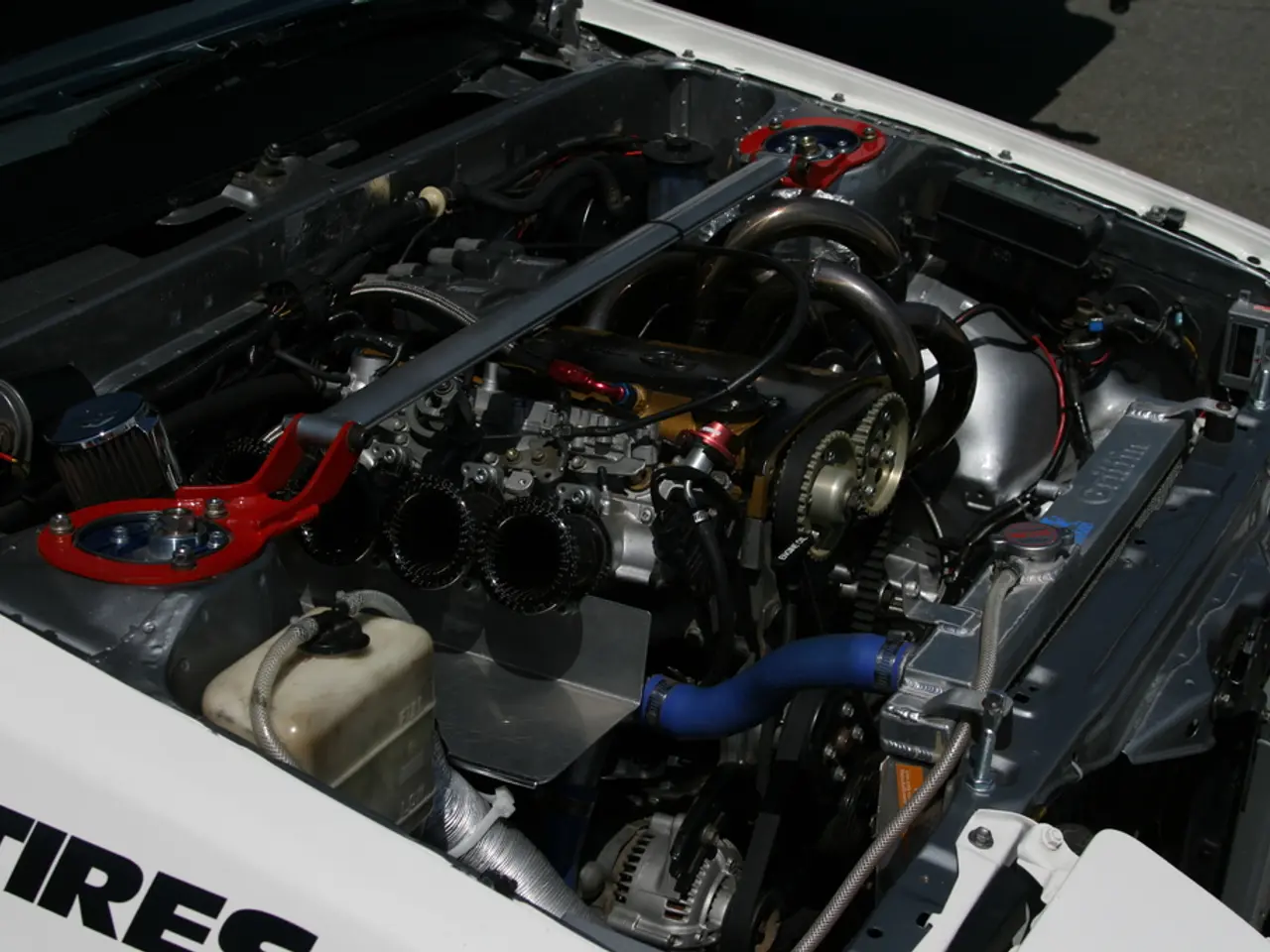Hydrogen and other renewable gases transportation plan outlined by TAP
The Trans-Adriatic Pipeline (TAP), a crucial component of the Southern Gas Corridor, commenced transporting Azerbaijani gas to Europe on December 31, 2020. This pipeline, running through Greece, Albania, the Adriatic Sea, and Italy, marks a significant step in enhancing Europe's energy supply diversity.
The TAP consortium has announced plans to adapt and expand the existing gas pipeline infrastructure to enable the future transport of hydrogen alongside natural gas. This ambitious roadmap, which involves projects in Croatia, aims to create a competitive, cross-border hydrogen market.
In Croatia, the state-owned company Plinacro is managing projects to build and upgrade about 216 km of pipelines designed with hydrogen transport capability in mind. These pipelines connect the LNG terminal on Krk Island (Omišalj) deep into Central and Southeastern Europe, forming a backbone for both natural gas and renewable gases like hydrogen.
The TAP roadmap is supported by EU recovery funds and is part of Croatia's broader plan to become a regional energy hub. Alongside infrastructure development, there are pilot projects under the NAHV initiative (North Adriatic Hydrogen Valley) involving multiple countries. These projects aim to produce, store, and exchange renewable hydrogen, with plans for up to 5,000 tonnes per year.
The TAP consortium is also paying attention to the prospects of biomethane use. Luca Schieppati, Managing Director of TAP AG, announced a system for virtual purchases of biomethane in Europe, allowing reverse delivery to the TAP compressor station. Additionally, the consortium is preparing a roadmap for medium and long-term transportation of natural gas, hydrogen mixtures, and other renewable gases.
In the first phase of pipeline expansion, Italy will receive 1 billion cubic meters of Azerbaijani gas, and Albania will receive 200 million cubic meters. By 2027, Azerbaijani gas supplies should reach a minimum of 20 billion cubic meters per year, according to an agreement between Azerbaijan and the EU.
The TAP consortium is also working on a national registry and a system of certificates of origin and sustainability verification for biomethane. This system is intended to eliminate greenhouse gas emissions from natural gas use in turbines. The project aims to facilitate the development of a regulatory framework at the EU level, starting with Greece, for biomethane use.
TAP equipment is currently being analyzed for its compliance with hydrogen transportation requirements as part of a gap analysis. The results of this analysis will be taken into account in further planning for hydrogen transportation. Materials used in the Trans-Adriatic Pipeline are being tested in an international laboratory.
Luca Schieppati made this announcement at the 11th Southern Gas Corridor Advisory Council Ministerial Meeting and 3rd Green Energy Advisory Council Ministerial Meeting in Baku. The TAP consortium's ambitious plans for hydrogen transportation and biomethane use demonstrate a commitment to supporting the EU Green Deal targets and fostering a competitive, sustainable European energy market.
- The TAP consortium's plan to adapt and expand the pipeline infrastructure includes the future transport of hydrogen, aiming to create a competitive, cross-border hydrogen market as part of the Southern Gas Corridor's commitment to a sustainable European energy market.
- Projects in Croatia, such as those managed by Plinacro, are building pipelines designed with hydrogen transport capability in mind, with the goal of forming a backbone for both natural gas and renewable gases like hydrogen, contributing to enhancing the sustainability of Europe's energy supply.




